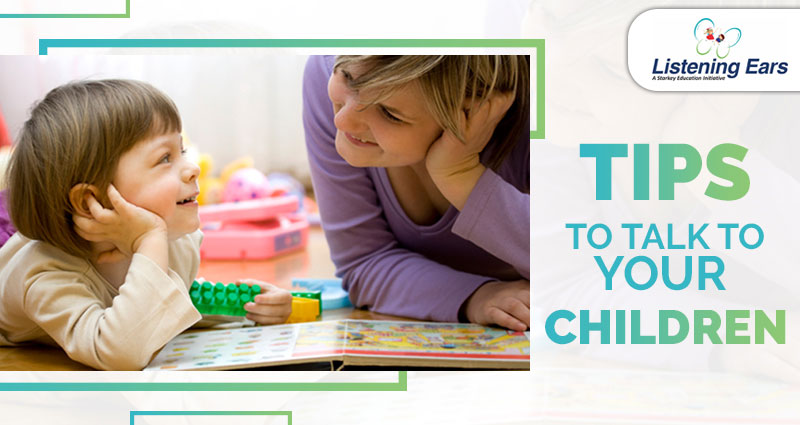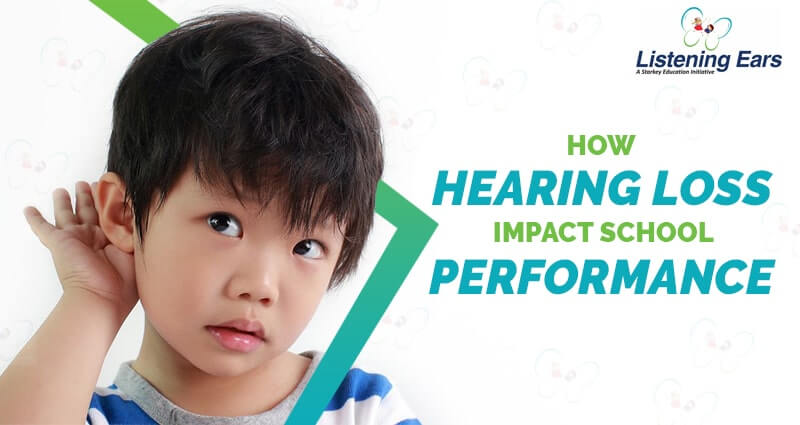Is Early Intervention Effective in Improving Spoken Language Outcomes of Children With Congenital Hearing Loss?
Child and Family Factors Associated With Deaf Children’s Success in Auditory–Verbal Therapy
November 10, 2016Hearing Loss Affects The Communication
November 12, 2016Hearing loss in neonates is the most common congenital sensory disorder. Congenital hearing loss has an adverse effect on speech and language developments, cognitive functioning and academicperformance&vocational choices than their hearing peers.Early identification and intervention with infants with hearing loss has been recommended by organizations such as the American Speech-Language-Hearing Association (ASHA, Joint Committee on infant Hearing (JCIH).
Universal Newborn Hearing Screening (UNHS) is a strategy for early detection of permanent congenital hearing loss.It describes the use of objective testing methods (usually otoacoustic emission (OAE) testing or automated auditory brainstem response (AABR) testing) to screen the hearing of well new-borns in a particular target region.By implementing universal newborn hearing screening (UNHS) programs to detect deafness soon after birth, treatment can begin early in life with the ultimate goal of improving long-term outcomes.
The average age of identification of Severe to profound Sensori-neural hearing loss are reported to be identified at an average age between 18 months and 2.5 years. Mild and moderate Sensori-neural hearing loss are reported to be identified at an average age between 5 to 6 years (Strong et al., 1994).
Children identified with hearing loss at the age of 3 yearshave scored below the normative populations. Children who received a cochlear implant earlier had better language outcomes. Hence early implantation would not have been possible without early detection of hearing loss, fitting of amplification, and timely referral for cochlear implant candidacy evaluation.This finding supports the effectiveness of early intervention for children with severe or profound hearing loss.
Earlier the identification and intervention, better will be the speech and language outcomes. For children with cochlear implants, earlier age at activation of the first cochlear implant was associated with higher language scores.Higher maternal education, use of an oral mode of communication, and the absence of additional disabilities were also significantly linked to higher language scores.
Hence, early identification and monitoring the children with hearing loss who are at risk of language development and changes in intervention strategies (e.g., cochlear implantation and changes in communication mode or intensityof early intervention)may be implemented before delays set in.
Early intervention is effective in improving early language outcomes, at a population level.
Compiled by Suman S
References:Online references
https://www.ncbi.nlm.nih.gov/pmc/articles/PMC4659415/pdf/AJA-24-345.pdf
https://en.wikipedia.org/wiki/Universal_neonatal_hearing_screening#cite_note-9
https://www.researchgate.net/profile/Christine_Yoshinaga-Itano/publication/13396439_Identification_of_hearing_loss_after_age_18_months_is_not_early_enough/links/02e7e5266030d3a310000000.pdf



